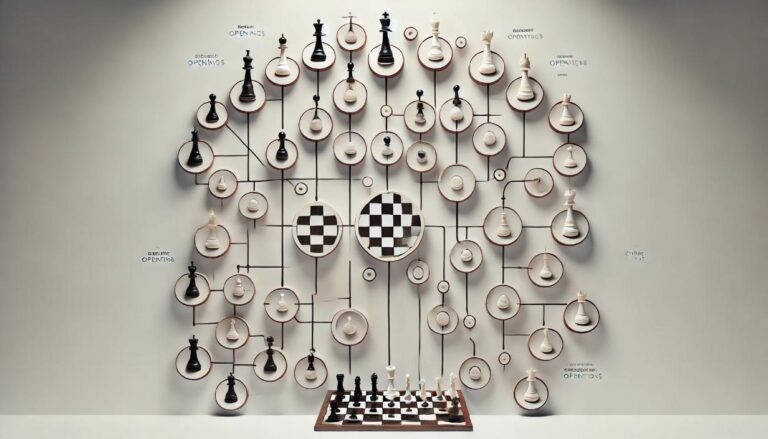The Basics of Chess Clocks
Chess clocks, also known as game clocks or tournament timers, are devices used to measure the time taken by each player to make their moves during a game of chess. The two traditional types of chess clocks are analog clocks and digital clocks. Analog chess clocks have two separate clock faces and require manual winding, while digital clocks use electronic circuits to track the movement of time.
The Impact of Chess Clocks on Strategy
Chess clocks play a crucial role in the overall strategy of a chess game. Unlike other board games, where the players take turns to make a move, in chess, each player has a specific amount of time to make all their moves. This restricted time frame forces players to think quickly and make decisions on the spot, adding a whole new level of pressure and excitement to the game.
The Importance of Time Management in Chess
Chess is a game of strategy and skill, but time management is also a crucial aspect that can make the difference between winning and losing. In matches with longer time controls, players have more time to think and plan their moves carefully. However, in faster-paced games, every second counts and can make or break a winning strategy.
The Role of Chess Clocks in Tournaments
In chess tournaments, the use of chess clocks is not only for the players´ benefit but also for the organizers. With hundreds of players competing, it would be impossible to monitor each game´s time without a clock. Chess clocks ensure that all games start and end on time, making it easier for tournament organizers to maintain the event´s schedule.
In conclusion, chess clocks are an integral part of the game and have a significant impact on the strategy and intensity of a chess game. Through time management and tactical decision-making, players must learn to use the clock to their advantage, making for an exciting and challenging gameplay experience. In tournaments, chess clocks also play a crucial role in maintaining fairness and keeping the event running smoothly.

